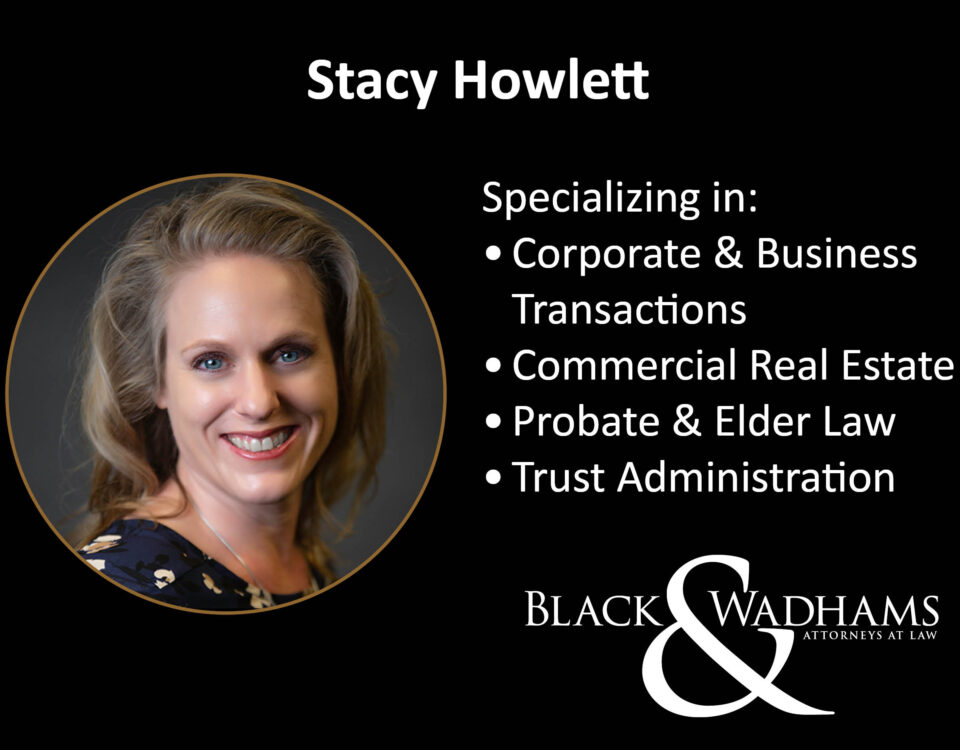
The nation watched and waited as GMAC, JPMorgan Chase, and Bank of America began announcing their plans to stop foreclosures in 23 judicial states. This freeze of the foreclosure industry came about largely as a result of the sworn deposition of a GMAC servicing executive who testified that he was signing off on foreclosures without actually checking the documents or having them signed by a notary, both of which are prerequisites to a proper foreclosure. The other lenders followed suit after realizing that what the media now refer to as “robo-signers” appeared somewhat commonplace. Bank of America even went so far as to announce that they were suspending foreclosures nationwide. Newspapers, internet posts, and the word on the street all voiced the same notion evidencing the overwhelming belief that foreclosures instituted by Bank of America near and far were at least temporarily at a standstill so that Bank of America could “do the right thing” and appropriately check their documents.
It seems rather odd then that Bank of America, less than two weeks later, issued a statement that they would be resuming foreclosures in all of the non-judicial foreclosure states. Did the lender truly review 130,000 foreclosure files in two weeks and fix all the errors? Further, in the absence of any errors and in consideration of a thorough check on the documents, wouldn’t it make sense for Bank of America to resume foreclosures in all states? It could be argued that they aren’t doing so because the foreclosure process in a non-judicial foreclosure state is rather simple and does not require a judge’s approval. In the absence of a ‘trier of fact” the lenders’ documents, correct or not, will never be looked at by a neutral party and over 100,000 homes will be back on the chopping block next week.
It appears that Bank of America started out with the right idea in postponing foreclosures nationwide. Unfortunately, some might argue that their rapid change in course has left the American public looking for answers that the lender still cannot provide. After two weeks of document review can this lender tell you who owns your loan or who has the right to enforce a foreclosure judgment against you? Considering the aforementioned, all signs point to “no.”
Carlos L. McDade, Esq.
Kelle L. Kuebler, Attorney*
*Licensed only in New York and Connecticut

